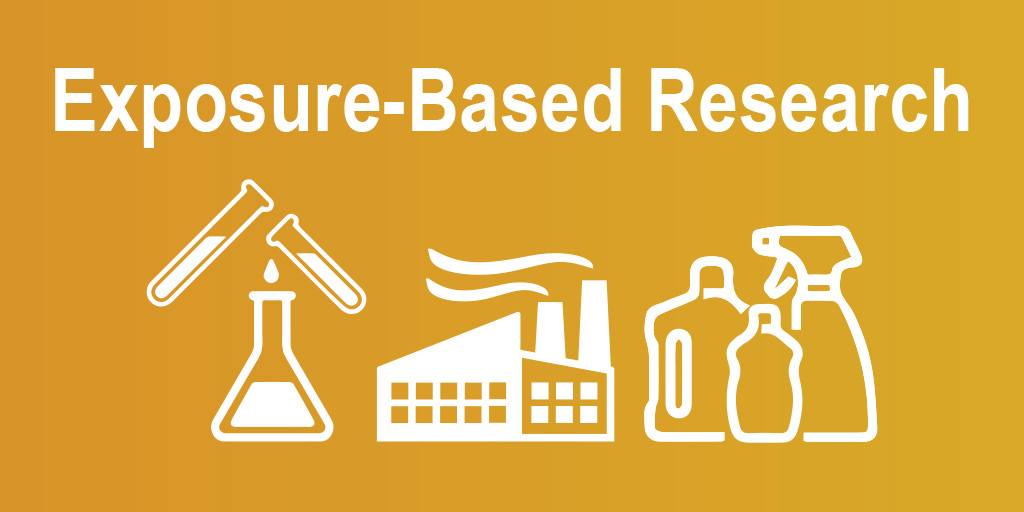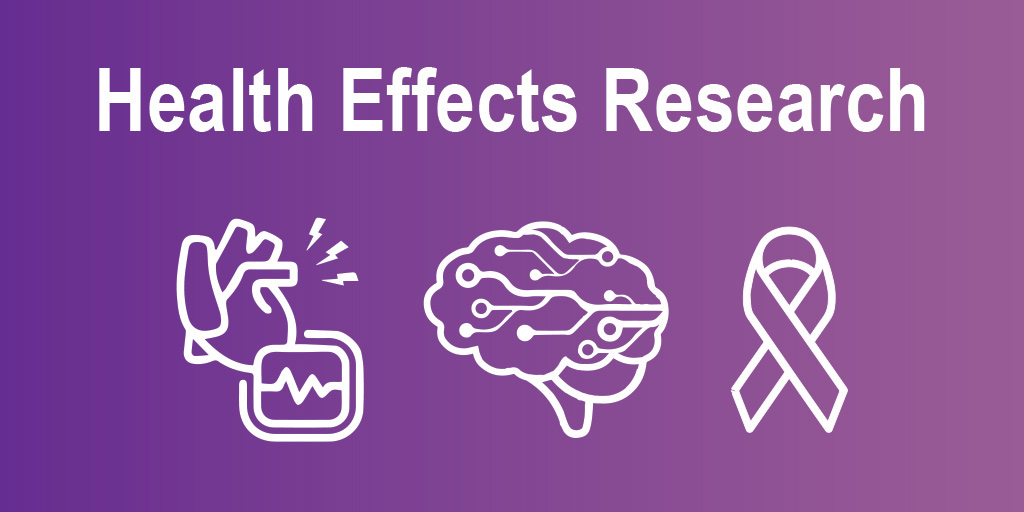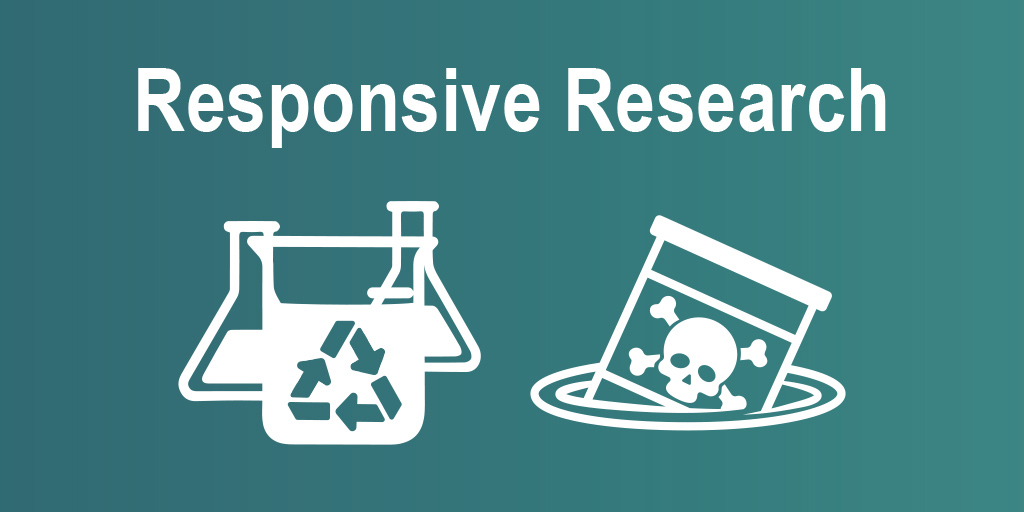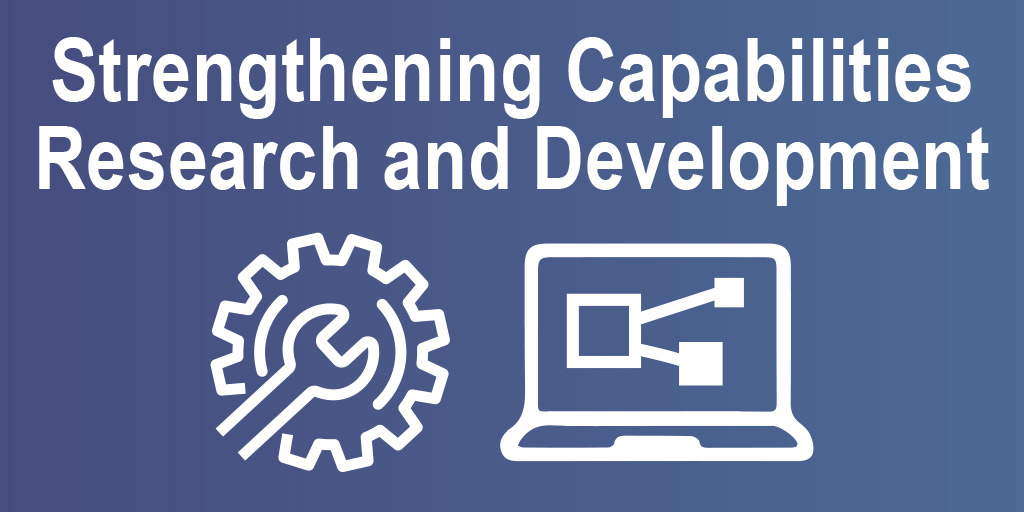
Much of the work carried out by DTT is in support of the National Toxicology Program (NTP), an interagency partnership of the Food and Drug Administration, National Institute for Occupational Safety and Health, and NIEHS.
The Division of Translational Toxicology (DTT) conducts innovative toxicology research that aligns with real-world public health needs and translates scientific evidence into knowledge that can inform individual and public decision making.
The DTT research portfolio is organized and executed using a strategic framework based on three objectives:
- Accelerate our progress toward becoming a more predictive, precise, and preventive science through the deliberate application of a translational toxicology pipeline of capabilities.
- Provide an evidence-based approach to identifying and understanding potential environmental contributors to contemporary and common diseases.
- Improve our ability to conduct and communicate substance-based hazard evaluations that are more translational, innovative, and responsive.
DTT scientists aim to achieve those goals through the research areas below:
Exposure-Based Research
This strategic area of research aligns with DTT’s intent to solve contemporary public health problems related to environmental exposures and includes the following program areas:
- Combined Exposures and Mixtures
- Consumer Products and Therapeutics
- Occupational and Inhalation Exposure
Health Effects Research
This strategic area of research aligns with DTT’s intent to develop disease-focused environmental toxicology and includes the following program areas:
- Cancer
- Cardiovascular
- Developmental Neurotoxicity
Responsive Research
This strategic area of research aligns with DTT’s intent to respond proactively to public health concerns related to emergencies and novel environmental exposures and includes the following research areas:
- Emerging Contaminants and Issues of Concern
- Safe and Sustainable Alternatives
Strengthening Capabilities Research and Development
This strategic area aligns with DTT’s intent to enhance toxicology toward becoming a more predictive science through the development and application of new technologies and includes the following research areas:
- Novel Tools and Approaches
- Scientific Cyberinfrastructure






